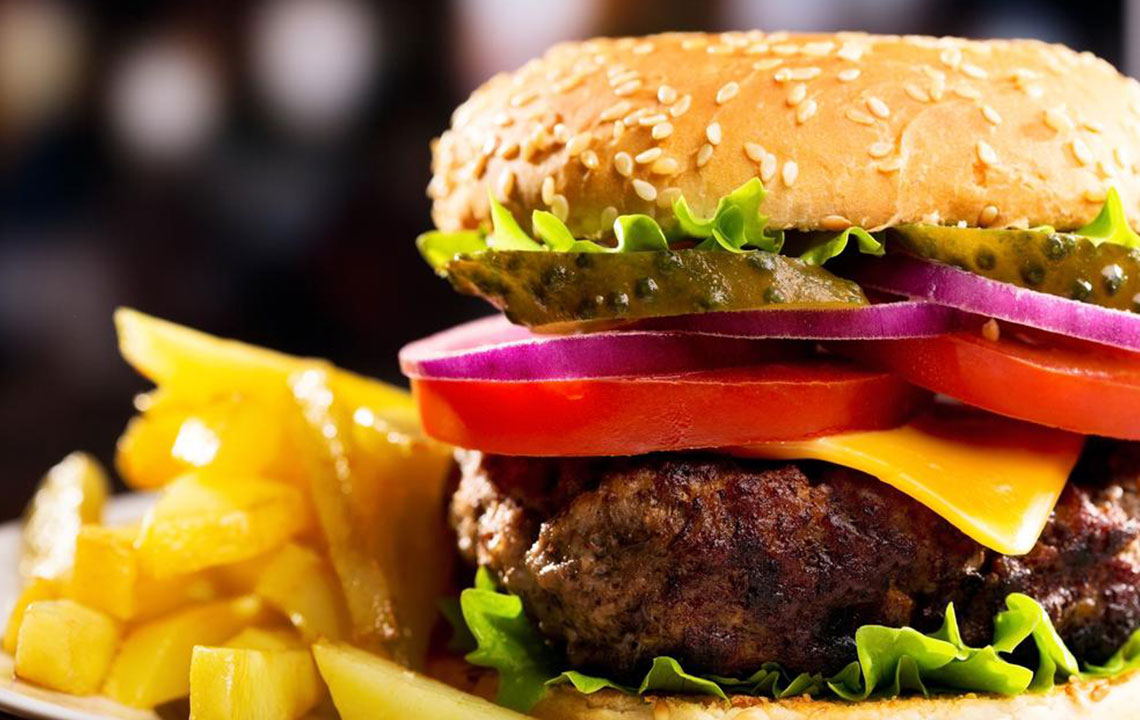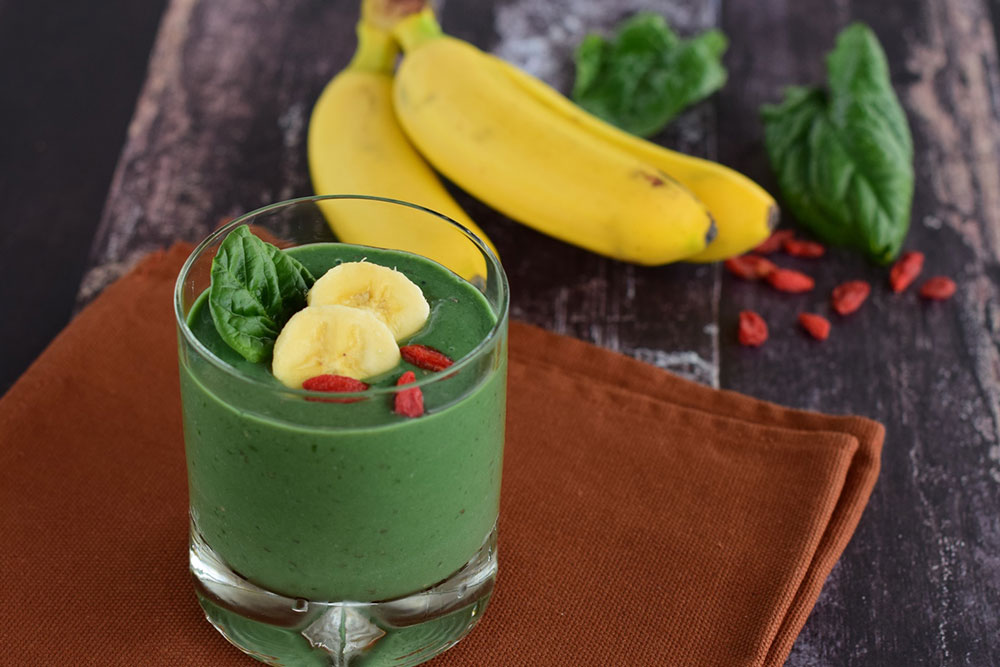Comprehensive Guide to Managing Gout Through Diet and Lifestyle Changes
This comprehensive guide explores effective dietary and lifestyle strategies for managing gout. It discusses foods to avoid, safe eating habits, and tips for reducing uric acid levels. Emphasizing a balanced diet, hydration, and weight management, it aims to help gout sufferers prevent flare-ups and improve their quality of life through informed choices and healthy habits.

Effective Strategies for Gout Management: Dietary Tips and Lifestyle Modifications
Gout is a complex form of inflammatory arthritis that primarily affects joints, leading to severe pain, redness, swelling, and warmth. It results from the deposition of needle-like uric acid crystals within joints and surrounding tissues. Understanding the dietary and lifestyle factors that influence uric acid levels is essential for effective management and prevention of gout attacks.
Uric acid is a natural waste product formed when the body breaks down purines—substances found in many foods. Normally, uric acid dissolves in the blood and is eliminated through the kidneys via urine. However, when the body produces excessive uric acid or the kidneys fail to eliminate it efficiently, uric acid accumulates, forming crystals that trigger painful gout episodes. Factors such as genetic predisposition, obesity, certain medications, and dietary choices can contribute to elevated uric acid levels.
One of the most critical aspects of gout management is adhering to a carefully planned diet that minimizes purine intake. High-purine foods are notorious for increasing uric acid levels and promoting crystal formation. These include organ meats like liver, kidneys, and brains, as well as certain types of red meats and processed foods. Regular consumption of these foods can significantly elevate the risk of gout flare-ups.
Meats such as beef, lamb, and pork, especially in large quantities, should be consumed with caution. Game meats like venison and other wild meats are also high in purines and should be limited. Spicy gravies, rich sauces, and heavily seasoned foods can exacerbate joint inflammation and pain by stimulating the immune response.
In contrast, some proteins and foods are safer for gout sufferers and can be included in moderation. For example, fish and seafood such as salmon, sardines, mackerel, and shellfish contain purines but typically in lower amounts than organ meats. However, high-salt seafood like sardines and mackerel may contribute to crystal formation and should be eaten sparingly. Incorporating plant-based sources of protein, like tofu and legumes, can also support a balanced diet and reduce uric acid levels.
Other food groups require careful consideration. Whole grains, oats, wheat bran, and wheat germ are generally safe when consumed in moderation and provide essential nutrients and fiber. Conversely, processed foods, high-sodium snacks, and alcohol are known to exacerbate gout symptoms. Alcohol, especially beer, is rich in purines and salt, and significantly impairs uric acid elimination. Excessive intake of refined sugars and beverages sweetened with fructose can also elevate uric acid levels.
Fruits and vegetables play a supportive role in gout management, with most being low in purines. Cherries, in particular, have been associated with reduced gout attacks due to their anti-inflammatory properties. Incorporating vitamin C-rich foods like oranges and strawberries can help lower uric acid levels and promote overall health.
For optimal outcomes, patients should eliminate or significantly reduce the consumption of heavy, greasy, and processed foods that contribute to weight gain and metabolic disturbances. Maintaining a healthy weight is vital, as obesity increases uric acid production and decreases renal excretion. Regular physical activity and hydration are equally important; drinking plenty of water helps flush out uric acid through urine, lowering the risk of crystal formation.
Incorporating low-purine dairy products, such as yogurt and eggs, can provide beneficial nutrients and possibly reduce the frequency of gout attacks. Dairy seems to have a uric acid-lowering effect, and its inclusion in the diet is recommended for gout sufferers. Maintaining a caloric balance and avoiding crash diets are crucial steps toward managing uric acid levels effectively.
Overall, managing gout involves a combination of dietary adjustments, lifestyle modifications, and medical treatment when necessary. Patients should work closely with healthcare professionals to develop personalized plans that address their specific needs. Lifestyle factors like smoking cessation, stress management, and regular health check-ups are integral to controlling gout and improving quality of life.
In conclusion, understanding the impact of food choices on gout is a cornerstone of effective management. By avoiding high-purine foods, limiting alcohol consumption, staying well-hydrated, and maintaining a healthy weight, individuals can significantly reduce the frequency and severity of gout attacks. Combining these strategies with appropriate medical interventions provides the best chance at long-term health and joint preservation, enabling gout patients to lead active, pain-free lives.





